The gig economy is growing, and even the Ministry of Manpower (MOM) has now acknowledged the challenges faced by freelancers in Singapore (read the speech here). Aside from the insecurity that comes with not having a fixed monthly salary, many self-employed individuals often find their applications for personal loans rejected.
If you’re a freelancer and looking to build your own home, here’s how you can improve your chances of getting approved for a home loan.
The good news is, there are many banks in Singapore that provide self-employed individuals with home loans.
Today, about 14% of the Singapore workforce is self-employed, and the number of freelancers is steadily growing, currently standing at 200,000. In fact, MOM expects more people to take to self-employment with the existent shift in employment interests among Singaporeans.
So what makes you eligible for a home loan if you are self employed? Is it your income? Or is it your credit history? Or both? Or are other parameters involved as well? Whether or not you are an entrepreneur, a businessman or a freelancer, as long as you work for yourself and not under an employed, you’ll be classified as a self-employed individual when it comes to getting loans.
What should you know about home loans if you are a self-employed person?
Choosing self-employment as a means of livelihood is undoubtedly a difficult choice. To sustain your income, especially in the initial years, is even more difficult – forget the long hours spent at work coupled with the daily anticipation to make it big. You could’ve easily found employment elsewhere – in the government or the private sector. But you chose the hard (and potentially more fulfilling!) way, and your efforts are almost certain to bear fruit over time.
But as far as your home loan application is concerned, you should know that banks expect you (just like they expect any other applicant) to meet certain eligibility standards. The hard truth is, banks aren’t going to predict your long-term fortune and smoothly approve your application. Certain basic parameters need to be satisfied.
Here are some areas banks look at very seriously while approving your application:
1. Income
Your income is obviously an important parameter that is examined. As a self employed individual, your income may vary from month to month – something that can work against you in getting your loan application approved.
But if your income levels are satisfactory and meet the bank’s internal norms and eligibility criteria, you can expect good news. Banks do not really mind if your income is variable on a month-on-month basis as long as your income levels are in line with the bank’s expectations.
Tip: Prepare your recent bank statements and show that your income is sufficient to manage loan repayments without too much difficulty.
2. Credit score
Your credit score is perhaps the most important parameter that is evaluated. Banks will look at how you’ve managed credit in the past and foresee your creditworthiness in the years to come. As home loans are associated with longer tenures, you must know that your credit history can significantly impact your loan application.
Note: Banks look at the credit factor more closely in the case of self-employed individuals. Instances of default and late payments can be quite a deterrent. On the brighter side, being self-employed and yet managing your credit well, especially in the light of variable income levels, will work in your favour.
Tip: Remember to pay off your credit cards on time to improve your credit score!
3. Your employment stability
Banks usually look for employment stability as an important parameter in approving a home loan application. If you are a salaried individual, standards of most banks dictate that you show proof of employment for a considerable period of time – at least three years. Similarly with self-employed individuals – banks expect that your work experience spans at least two years, and you need to back that up with sound proof.
Tip: Having a stable pool of clients can also help convince the bank that you will not have too much issue in earning your keep.
4. Having an existing relationship with the bank
Do you have an existing relationship with the bank you’ve applied for your home loan from? Well, although this particular parameter might not have a direct impact on your loan application, it is considered an essential aspect with the other factors such as your income and your credit score.
If other relevant parameters, say your credit score for instance, is slightly weak, your application might be considered if you’ve had an existing relationship with the bank for a good period of time. An existing relationship with the bank can be in the form of a savings account, a credit card, or an existing loan.
Tip: Your chances might be higher if you obtain the loan from the bank your savings are currently parked in.
5. Your CPF contribution history and filing your tax returns
Your Income Tax Notice of Assessment and your CPF contribution history, at least for the last two years, are also considered while processing and reviewing your home loan application. Making sure that you’ve been making CPF contributions and filing your tax returns will play a significant impact in getting your loan sanctioned.
Tip: Many freelancers try to understate their income in a bid to avoid paying income tax and CPF contributions. Avoid that as your actions today might be hindering your loan applications tomorrow.
What kind of interest rates can I expect to pay?
The interest rates on home loans for self-employed individuals are more or less similar to those offered to salaried individuals. (But if certain parameters like your credit score and your employment stability are slightly weak, you might be offered a slightly higher interest rate at times.)
I’ve previously written on the difference between SIBOR-pegged loans, fixed-rates and hybrid rates. For self-employed individuals, a fixed interest rate might be more appropriate, as it allows you to expect the total sum you’ll be paying throughout your loan tenure and plan your finances accordingly to meet these repayments.
Here are the interest rates of 3 current home loans available to self-employed individuals:
|
Bank of China Home Loan
|
DBS Home Loan
|
CIMB HDB Home Loan
|
|
1.86%
|
2.08%
|
3.72%
|
If you’d like to get a personal loan or a credit card, you can also visit BankBazaar.sg to easily compare and apply for the best offers in Singapore.
Disclaimer: This post was written in collaboration with BankBazaar.sg.
With love,
Budget Babe





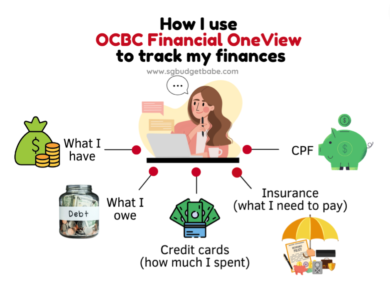
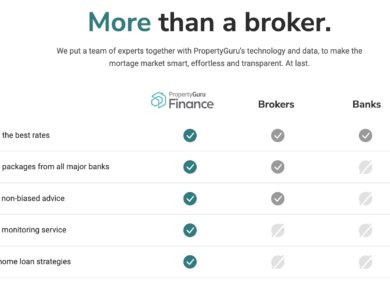
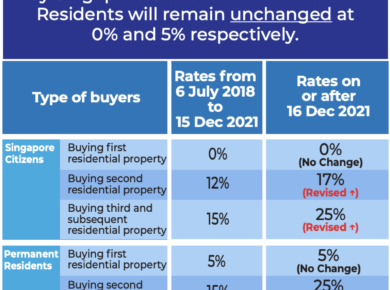
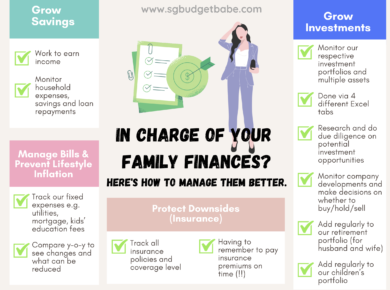
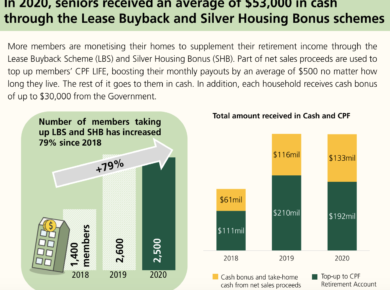
1 comment
If you want personal loans online then we provide lowest interest rate on personal loans in pune
Comments are closed.